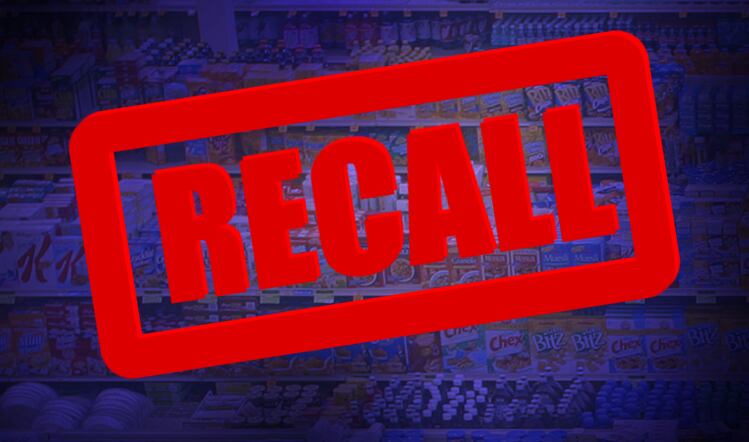A study led by the College of Agricultural Science found that both the number of recent recalls and the volume of food recalled have significant negative effects on the demand for fresh meat.
Researchers also found that large recalls caused by product contamination, import violation and demanded by government agencies were all more likely to cause a larger loss in meat demand.
Pei Zhou, doctoral candidate in energy, environmental and food economics and lead author of the study, said: “Consumers are exposed to various types of food recall information, and that information may change consumers’ perceived health risks and further affect their purchasing behaviours and food demand.
Exploring the impact
“We wanted first to explore the impact of food recall on consumer demand and then follow up by examining how consumers respond to the various types of recall information.”
When asked how to prevent costly recalls, Zhou suggested government agencies and food companies could take action by increasing the mandatory inspection of fresh meat products prior to food distribution.
“They could also reduce recall scales and respond quickly by developing standard regulations, guides and procedures for recalling — especially for frequently recalled foods,” she added.
US market
For this study the researchers focused on the US fresh meat market, with data pulled from the Nielsen Retail Scanner Data from 2012 to 2016 and the USDA Food Safety and Inspection Service website.
After analysing the data, the researchers found that while recalls overall lowered product demand, customers also responded to recalls differently, depending on the severity of the recall classification, what caused the recall and how customers learned about the recall –declines in demand were more than eight times greater after recalls originated by government agencies, compared to recalls initiated by the manufacturers themselves.
“In general, reducing the number of food recalls by preventing food safety issues from occurring is the most straightforward way to avoid demand reduction,” Zhou concluded.
Meanwhile, pieces of metal, undeclared milk and lead contamination all saw food and drink products pulled from store shelves last month, captured here in this round-up of recent recalls.





